Nothing we use or hear or touch can be expressed in words that equal what we are given by the senses
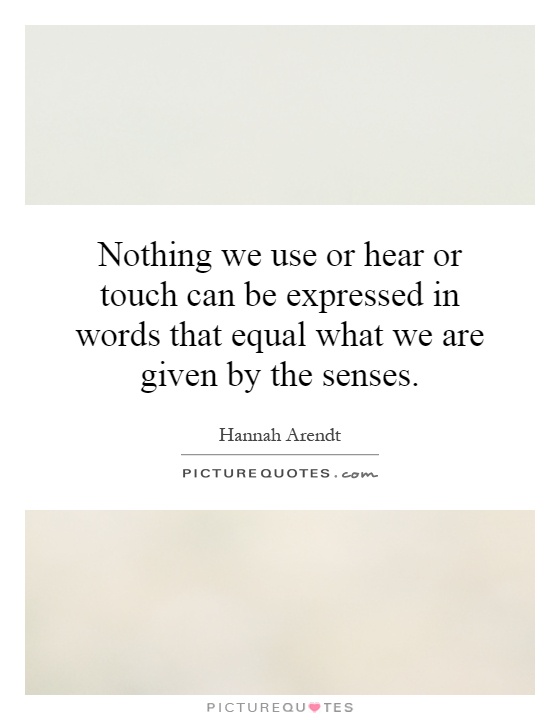
Nothing we use or hear or touch can be expressed in words that equal what we are given by the senses
Hannah Arendt, a prominent political theorist and philosopher, believed in the importance of the senses in shaping our understanding of the world around us. In her work, she emphasized the limitations of language in capturing the full depth and complexity of our sensory experiences. Arendt argued that our senses provide us with a direct and immediate connection to the world, allowing us to perceive and interact with reality in a way that transcends language.Arendt's statement, "Nothing we use or hear or touch can be expressed in words that equal what we are given by the senses," speaks to the ineffable nature of sensory experience. Our senses allow us to perceive the world in a way that is deeply personal and subjective, shaping our understanding of reality in a way that is unique to each individual. While language can be a powerful tool for communication and expression, it is ultimately limited in its ability to capture the full richness and complexity of our sensory experiences.
For Arendt, the senses play a crucial role in shaping our perception of the world and our understanding of ourselves. Our sensory experiences provide us with a direct connection to reality, allowing us to engage with the world in a way that is immediate and unmediated. Through our senses, we are able to touch, taste, see, hear, and smell the world around us, forming a deep and intimate connection to our environment.
Arendt's emphasis on the importance of the senses in shaping our understanding of the world challenges us to reconsider the limitations of language and the ways in which we communicate and express ourselves. By recognizing the unique and irreplaceable role of the senses in shaping our perception of reality, we can gain a deeper appreciation for the richness and complexity of our sensory experiences. Ultimately, Arendt's insights remind us of the profound ways in which our senses shape our understanding of the world and our place within it.
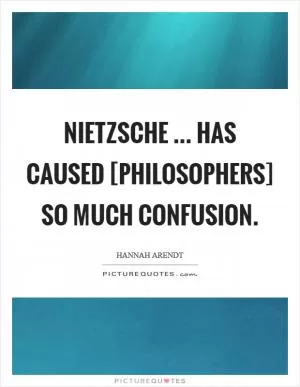







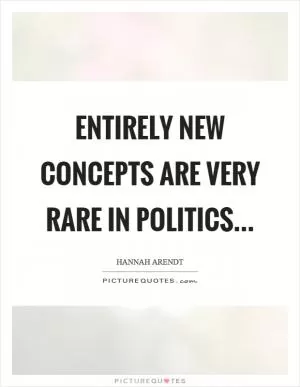
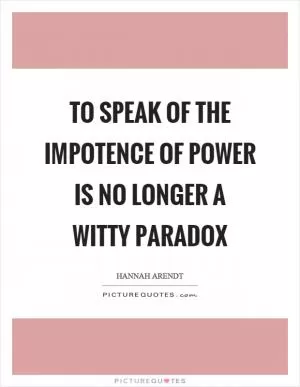
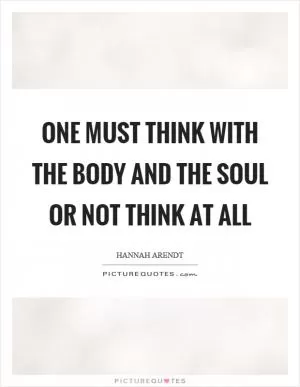

 Friendship Quotes
Friendship Quotes Love Quotes
Love Quotes Life Quotes
Life Quotes Funny Quotes
Funny Quotes Motivational Quotes
Motivational Quotes Inspirational Quotes
Inspirational Quotes